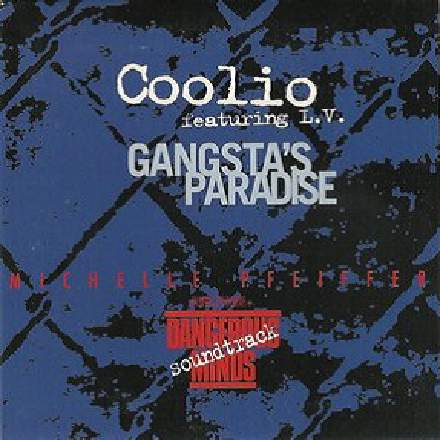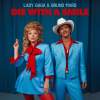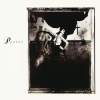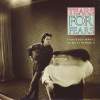
Given his 1994 success with ‘Fantastic Voyage’, Coolio could probably have guaranteed himself a respectable hit simply by sampling Stevie Wonder’s ‘Pastime Paradise’, so thank heavens he and Doug Rasheed didn’t just settle for the simple cash-in, crafting a proper rearrangement, complete with star turn from R&B vocalist LV.
Mastering loudness aside, this mix still competes strongly against current chart releases, with beautiful crossover-friendly translation of both the kick and bass even on under-powered domestic systems. I particularly like the way the backbeat clap, or the absence of it, fulfils serveral functions: it announces the first verse at 0:12; contributes to fills at 0:22, 0:46, 2:34, and 2:46; and focuses attention on the first statement of the “why are we” line at 1:49-2:00. Notice, too, how every fourth clap has a little reverse-envelope noise preceding it, a hoary old programming trick for emphasising the pick-up into each new two-bar unit, but no less effective for that!
However, what really knocked my socks off when I first heard this track back in 1995 was the way Coolio varied the pitch of his voice to enhance the rap. Although this may seem less revolutionary these days since rappers like Eminem made wild pitch contrasts their stock in trade, I still consider it a tour de force. Indeed, I reckon it should be required listening for anyone producing hip-hop vocalists, because one of the biggest weaknesses I spot in amateur rappers is tonal monotony — no matter how good the rhymes, they’ll usually fall flat in the studio if all the phrases are delivered in the same way.
There are so many expressive examples to savour: the eye-rolling pitch rise of “even my momma thinks that my mind has gone” at 0:22; the tauntingly sing-song “you’d better watch how you’re talking and where you’re walking” at 0:31; the affected expressionlessness of “too much television watching got me chasing dreams” at 1:21; the hint of high-register desperation in “I’m 23 now, but will I live to be 24?” at 1:43; and the frustrated roar of “how can they reach me?” at 2:41. However, my favourite bits are where he uses such pitch motions over a longer range. The clearest instances of this can be heard in the third verse, where you get two long upwards pitch ramps in convoy: “the power and the money… what’s going on in the kitchen” (2:25-2:35) and “but I don’t know what’s cooking… how can they reach me” (2:35-2:43). However, my personal highlight is where a similar pitch trajectory beginning at 1:37 (“Death ain’t nothing but a heartbeat away”) fizzles out during the last line, subtly underlining the loss of confidence conveyed in the lyrics.










